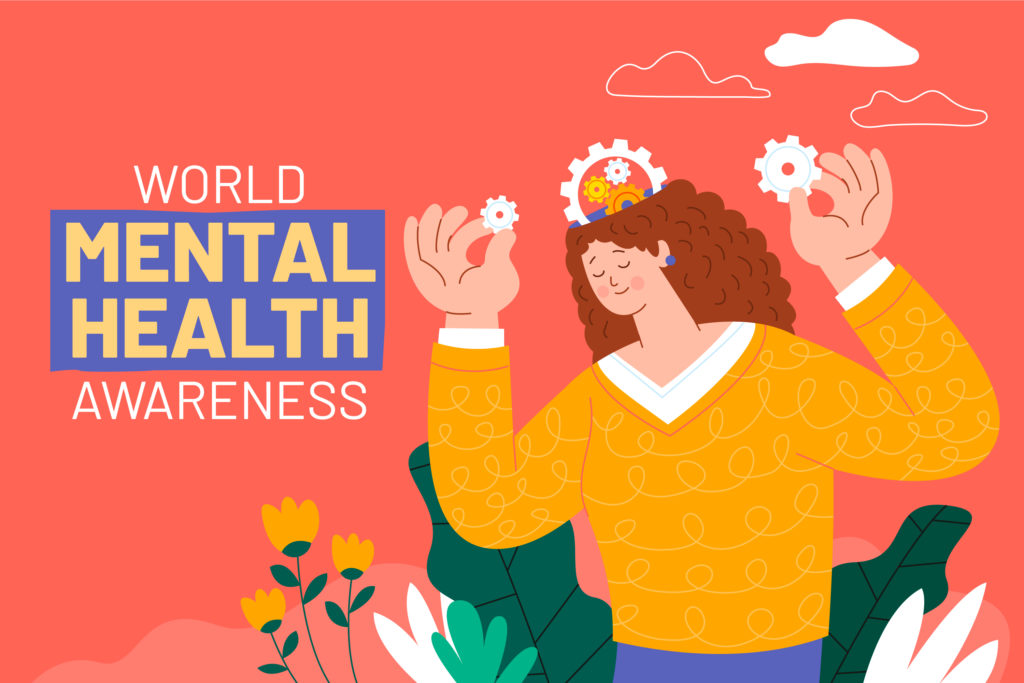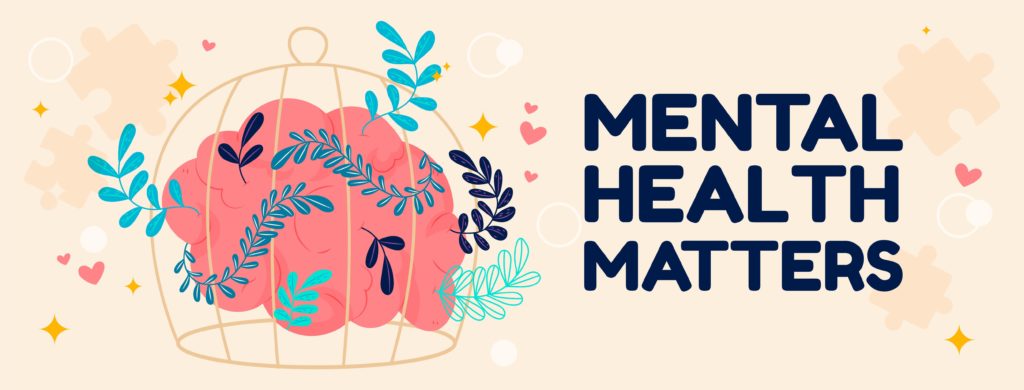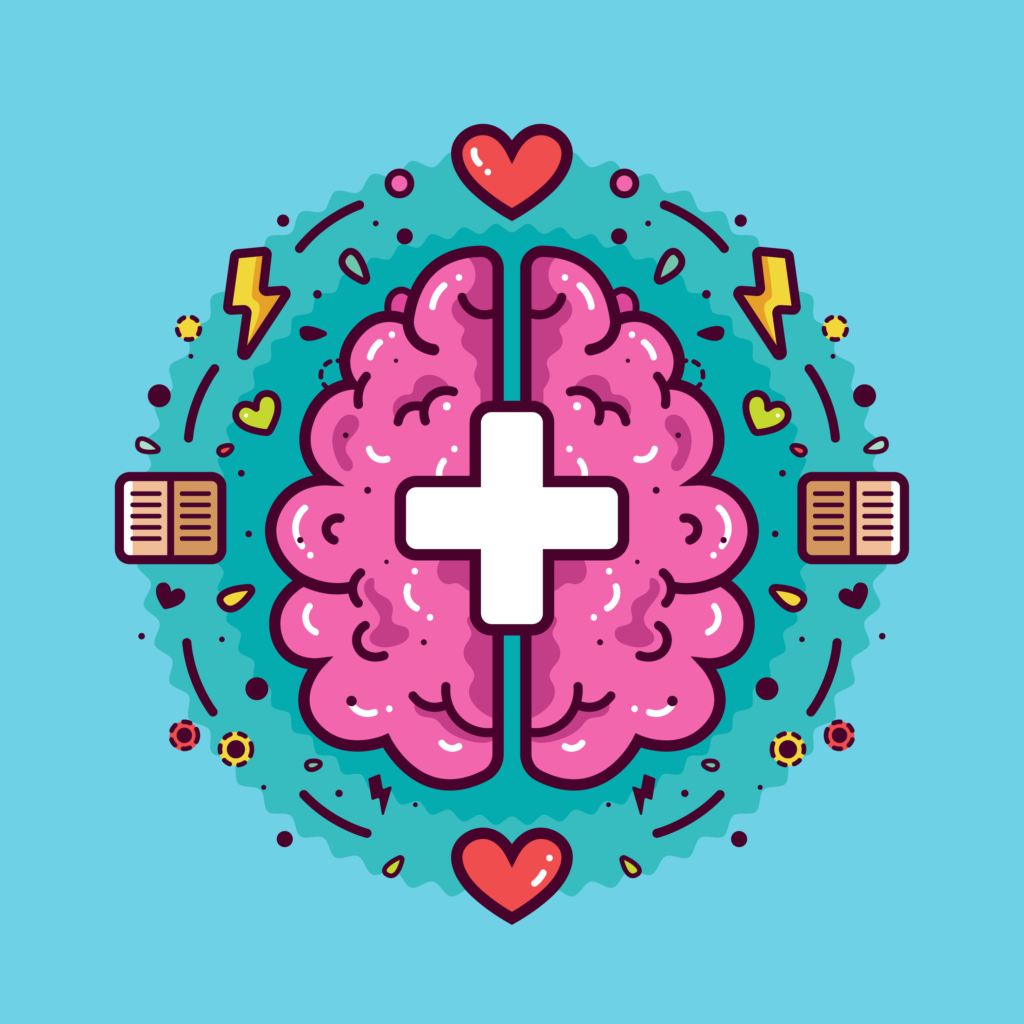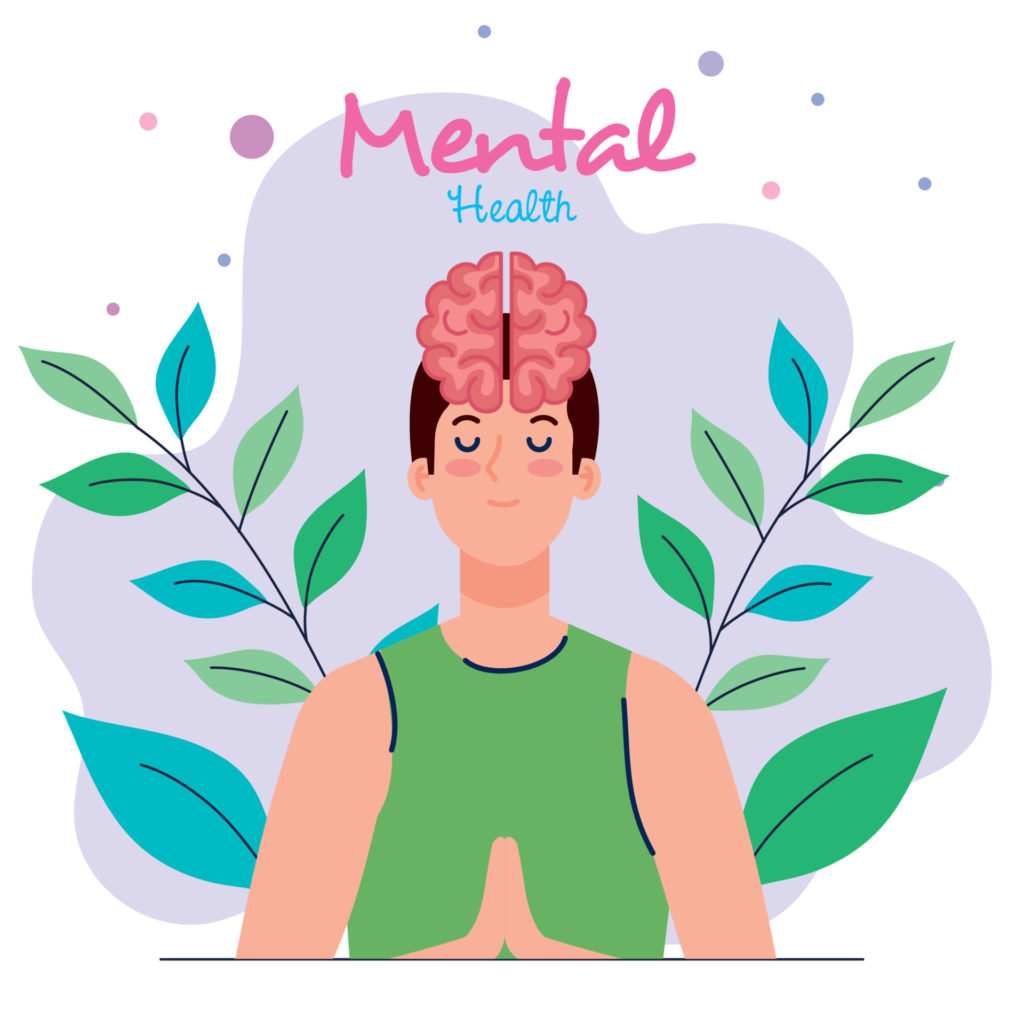
As the Mental Health Awareness Week approaches, it’s important to take a moment to reflect on how we’re taking care of our mental and emotional well-being. Even though mental health is an important component of our overall health, it is frequently disregarded or stigmatized in society. In this article, we’ll discuss why mental health is important, how to recognize the signs of mental health issues, and how to seek help when needed.
Understanding Mental Health
Mental health affects a large proportion of the population and encompasses a wide range of conditions. Common mental health conditions include depression, anxiety, bipolar disorder, and schizophrenia, which can significantly impact individuals’ lives.
Stress, trauma, and life changes can increase the risk of developing a mental health condition, making it crucial to recognize and understand the symptoms.
One in four people may have a mental health issue at some point in their lives, according to the World Health Organization. In the UK alone, one in six people experiences a common mental health problem each week, and suicide is the leading cause of death in men under 49 years old.
Why Mental Health Matters
Every aspect of our lives, including our relationships, jobs, and general sense of wellbeing, are impacted by our mental health. Mental health issues can impact anyone, regardless of age, gender, or socioeconomic status. Unfortunately, mental health is often misunderstood and stigmatized, leading many people to suffer in silence or delay seeking help.

Recognizing the Signs of Mental Health Issues
One of the most important things you can do for your mental health is to recognize the signs of potential issues. This can include a wide range of symptoms, from feelings of sadness or anxiety to changes in sleep or eating habits. Some other common signs of mental health issues include:
– Lack of energy or motivation
– Difficulty concentrating
– Feelings of hopelessness or despair
– Social withdrawal or isolation
– Changes in mood or behavior
If you notice any of these symptoms in yourself or someone you know, it’s important to seek help as soon as possible.
Sometimes people who are struggling with depression or other mental health conditions will put on a brave face in public or around others in order to avoid drawing attention to themselves, or to avoid worrying others.
This could be described as “smiling depression,” where a person appears outwardly happy and put-together despite experiencing significant internal turmoil.
It’s important to remember that just because someone appears to be happy and doing well on the surface does not mean they aren’t experiencing internal struggles. This is why it’s essential to check in on our loved ones regularly, ask how they’re doing, and provide support and resources for those who may need it.
Mental health conditions can impact anyone regardless of their outward appearance, so it’s important to look after ourselves and help those who might be in need.
Seeking Help When You Need It
Seeking help for mental health issues can seem daunting, but it’s essential. The good news is that there are many resources available for those who need support.
However, fear of judgment, stigma, and financial barriers often prevent people from seeking the help they need. It’s important to remember that mental health support is available regardless of an individual’s background or status, and there are resources available to ensure affordability.
National Alliance on Mental Illness (NAMI) is a fantastic resource for those seeking help for mental health issues. They provide crisis assistance, support groups, and educational resources to help individuals and their families better understand mental health conditions.
When it comes to mental health, seeking help is not a sign of weakness. In fact, it takes a lot of strength and courage to admit that you need support. There are a number of resources available for those who are struggling with mental health issues, including:
– Therapy: A trained mental health professional can help you work through your thoughts and feelings and develop coping strategies to manage symptoms.
– Medication: Certain medications can be used to treat mental health issues in combination with therapy.
– Support groups: Talking to others who are going through similar struggles can be incredibly helpful in reducing feelings of isolation and building a sense of community.
– Crisis hotlines: If you’re experiencing a crisis or feel suicidal, there are many crisis hotlines that can offer resources and help.
Remember, suicide is not an option. If you or someone you know is in crisis, please reach out for help immediately.


Supporting Others
It’s important to support loved ones who may be experiencing a mental health condition. You can start by being mindful of any changes in behavior or mood, regularly checking in with them, and offering support and empathy when possible.
Encouraging your loved one to seek professional help can be one of the best things you can do to support them.
If you’re unsure how to approach the topic, be honest about your concerns and offer practical suggestions, such as looking up local therapists or support groups together.
You can also offer to accompany them to appointments or help them find financial assistance options.
It’s important to remember that supporting someone through a mental health condition can be challenging, and it’s essential to take care of yourself too. Practice self-care by taking breaks, speaking to someone you trust, and seeking your support if needed.
Suicide Prevention
Suicide is a serious issue and is often the result of untreated mental health conditions. It’s vital to understand the warning signs of suicide, which can include increased substance abuse, withdrawal, and expressing feelings of hopelessness.
It’s critical to act if you believe someone is at risk of suicide. Offer them support, encourage them to seek help, and consider contacting a crisis hotline or emergency services if the situation requires immediate attention.
Remember once more that suicide is never the solution, and help is available for those who need it.
Mental health conditions affect many people, and it’s very important to talk about mental health and support each other. If you’re struggling with your mental health, seek support, and remember that you’re not alone. If you’re supporting someone, be mindful, and provide empathy, support, and practical suggestions. By increasing awareness and starting important conversations, we can help reduce the stigma and provide resources to help those who need it. Let’s talk about mental health this Mental Health Awareness Week and beyond.

